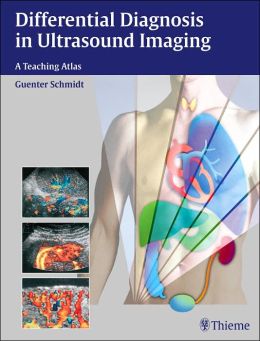-80%
Exploring the Depths of Emotional Experience
In his seminal work, “Affects as Process,” Joseph M. Jones embarks on an illuminating journey into the enigmatic realm of emotional experience. With a refreshing perspective that challenges conventional wisdom, Jones offers a profound understanding of the intricate interplay between body and mind, paving the way for a novel conceptualization of emotional development.
Revisiting Freud: The Role of the Primary Process
Jones re-evaluates Freud’s influential theory, recognizing the limitations of his emphasis on the “primary process” as the primary mechanism connecting body and mind. He argues that Freud’s approach inadvertently undermined the significance of affects, relegating them to a secondary role in emotional development.
Moreover, Jones highlights the conceptual void created by Freud’s focus on fantasy in explaining the mental life of infants before they acquire symbolic representation. This gap left a fundamental question unanswered: How do infants experience and process emotions in the prerepresentational stage?
A Paradigm Shift: Affects as Motivational Governors
Jones proposes an elegant solution to this conundrum: affects themselves, in their rudimentary form, serve as the primary representatives and regulators of motivational systems in infants. This revolutionary concept shifts the paradigm, establishing affects as the foundational processing system rather than secondary byproducts.
Sequential Maturation of Motivational Systems
With this new framework, early development can be re-envisioned as a progressive maturation process characterized by the emergence of distinct motivational systems, each guided by a unique presymbolic affect. As the infant embarks on this developmental journey, they gradually integrate motivational systems with nascent symbolic thought.
The Emergence of Complex Emotions
The advent of symbolic thinking marks a pivotal stage in emotional development. Jones posits that the integration of motivational systems and thought gives rise to more complex emotional states, propelling the child into a world of intense and often conflicting emotions. The child’s impulses and desires, once expressed solely through behavior, now become intertwined with their thoughts, creating a rich tapestry of emotional experiences.
Recasting Traditional Concepts
Jones’ groundbreaking insights shed new light on traditional concepts in developmental psychology. He re-evaluates the notions of infantile sexuality, object relations, internalization, splitting, and the emergence of the dynamic unconscious, providing a nuanced and comprehensive understanding of their role in shaping the emotional landscape of early childhood.
A Novel Perspective on the Self
The culmination of Jones’ exploration leads to a thought-provoking perspective on the self. He envisions the self as an emergent entity, a product of the intricate integration of affective and symbolic processing systems. This novel concept challenges the traditional view of the self as a static, unified entity, emphasizing its dynamic and ever-evolving nature.
Conclusion
“Affects as Process” is a groundbreaking work that revolutionizes our understanding of emotional experience and early development. Joseph Jones’ profound insights and novel perspectives challenge conventional wisdom, opening new avenues for research and clinical practice. His work paves the way for a deeper understanding of the human psyche, empowering us to navigate the complexities of emotional life with greater clarity and compassion.









Reviews
Clear filtersThere are no reviews yet.